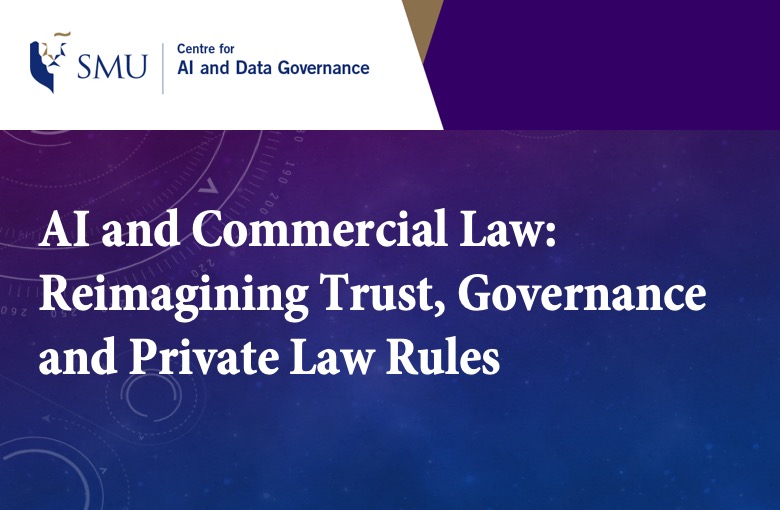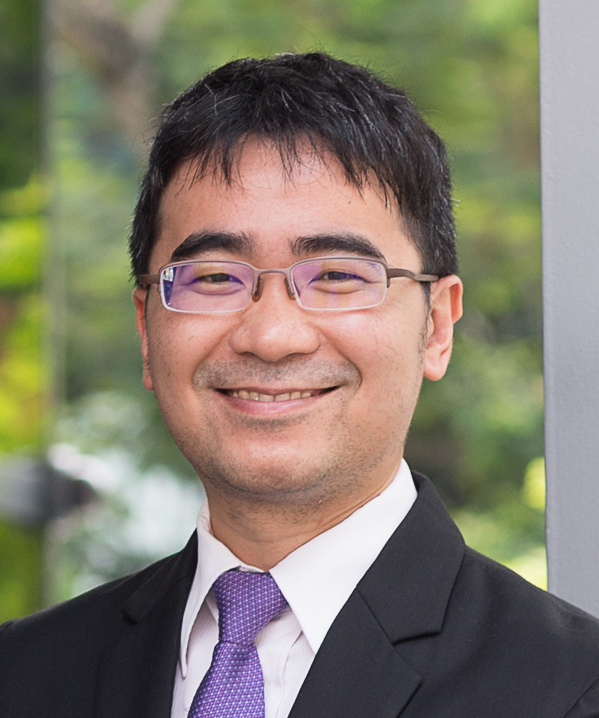|

Yeong Zee Kin
Assistant Chief Executive and Deputy Commissioner
Personal Data Protection Commission, Infocomm Media Development Authority of Singapore
|
|
Yeong Zee Kin is Assistant Chief Executive (Data Innovation and Protection Group) of the Infocomm Media Development Authority of Singapore (IMDA) and Deputy Commissioner of the Personal Data Protection Commission (PDPC).
In his capacity as ACE (Data Innovation and Protection Group), Zee Kin oversees IMDA’s Artificial Intelligence and Data Industry development strategy. This is one of four frontier technology areas IMDA has identified for its transformational potential for a Digital Economy. The other three are cybersecurity, the Internet of Things, and immersive media. In his role as an AI and data analytics champion, Zee Kin’s work includes developing forward-thinking governance on AI and data, driving a pipeline of AI talent, promoting industry adoption of AI and data analytics, as well as building specific AI and data science capabilities in Singapore.
As the Deputy Commissioner of PDPC, Zee Kin oversees the administering and enforcement of the Personal Data Protection Act (2012). His key responsibilities include managing the formulation and implementation of policies relating to the protection of personal data, as well as the issuing of enforcement directions for organisational actions. He also spearheads the public and sector-specific educational and outreach activities, to raise both awareness and compliance in organisations and individuals in personal data protection.
Zee Kin’s experience as a Technology, Media and Telecommunications lawyer spans both public and private sector. Prior to taking up his current appointments, he was Senior State Counsel and Director of Technology Law in the Civil Division of the Attorney-General’s Chambers and held a concurrent appointment as Senior Director (Special Projects) in the Legal Services department of the Ministry of Communications and Information. During that time, he was also legal advisor to the Smart Nation Programme Office and the Cyber Security Agency.
Before that, he was Senior Assistant Registrar and CIO cum CDO of the Supreme Court of Singapore. During his time in the Supreme Court, his administrative responsibilities included (at various times) the management of its registry, statistics unit and CISD. He managed the Supreme Court's Shipping, Intellectual Property, Information Technology and Employment lists and developed the specialised procedures for electronic discovery and managing IP cases in the Supreme Court IP Court Guide.
He commenced his career as a Deputy Public Prosecutor and State Counsel with the Attorney-General’s Chambers where he prosecuted white collar cases and cybercrimes. In between, he was also with Rajah & Tann’s Intellectual Property and Technology (iTec) practice for a few years.
|








